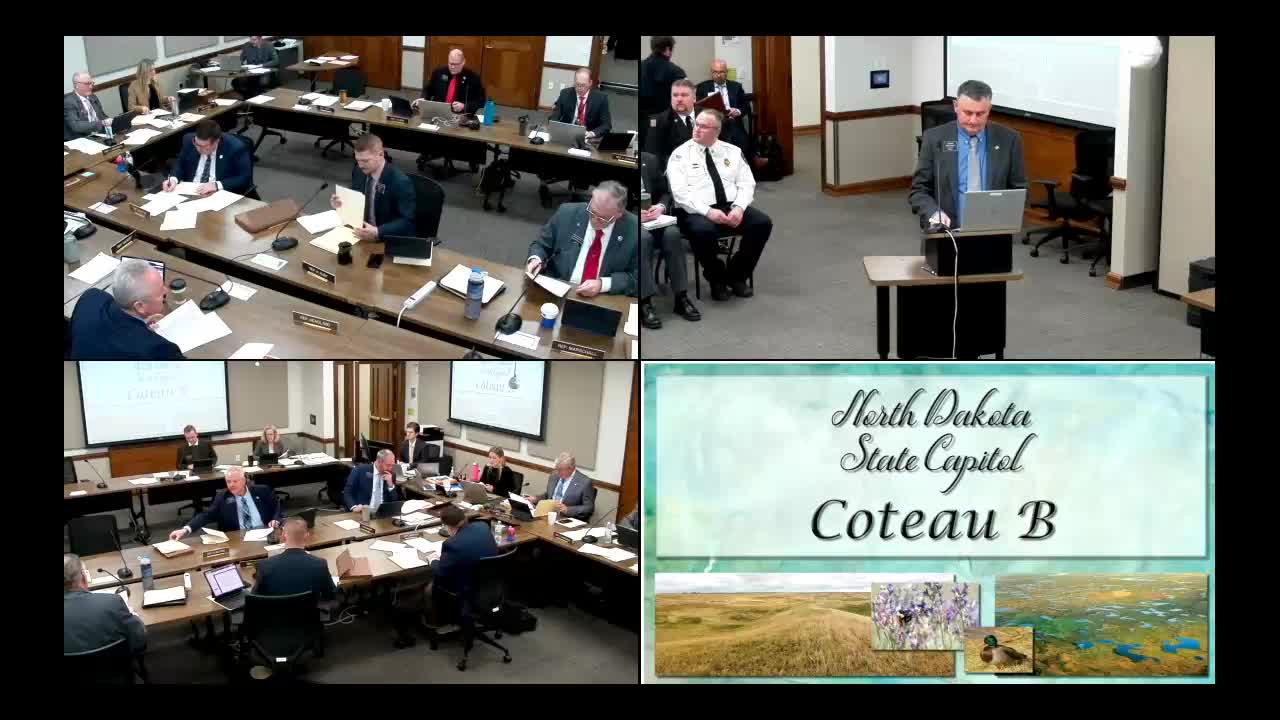Lawmakers hear utility-backed wildfire mitigation plan bill and insurer objections to liability limits
Get AI-powered insights, summaries, and transcripts
Subscribe
Summary
Senate Bill 23‑39 would encourage utilities to adopt wildfire mitigation plans and codify limits on strict liability for utilities; utilities testified in support and insurers and consumer advocates raised concerns about shifting costs and legal standards.
Senator Greg Kessel introduced Senate Bill 23‑39 to the House Energy and Natural Resources Committee as part of a two‑bill wildfire package. The measure would (1) limit strict liability in wildfire‑related civil litigation involving qualified utilities so plaintiffs must prove negligence and (2) allow utilities to prepare voluntary wildfire mitigation plans (WMPs) that, if followed, would constitute prima facie evidence that the utility exercised a reasonable standard of care.
“Senate Bill 23‑39 focuses on two key areas,” Kessel said: limiting strict liability and creating service‑level mitigation planning. He framed the bill as a preventive approach that would keep utilities solvent and able to invest in fire‑risk reduction, citing high‑profile bankruptcies in other states as a cautionary example.
Utility witnesses described current and planned mitigation measures. Riaz Mohammed of Xcel Energy summarized the company’s voluntary wildfire mitigation and public safety power‑shutoff planning, including situational awareness tools, system hardening and customer outreach. Darrell Anderson of Montana‑Dakota Utilities (MDU) outlined MDU’s operational steps: distribution SCADA deployment, a distribution operations center, pole‑testing programs and a wildfire risk model to prioritize maintenance and capital work.
Investor‑owned utilities, generation and distribution cooperatives, and trade groups uniformly urged committee support. They said WMPs would formalize practices that many utilities already pursue and provide regulatory certainty needed to secure financing and insurance.
Opposition testimony came from insurance industry representatives. Philip Arndzen of NAMIC and John Ward for State Farm said the bill would shift financial responsibility to insured customers and private citizens by making it harder to recover damages from utilities. Arndzen offered an amendment to require utilities to file WMPs (change “may” to “shall”), require annual approval and align plan standards with the National Electric Safety Code; he also recommended replacing “prima facie” language with a “rebuttable presumption.” State Farm’s attorney urged adopting NAMIC’s amendment, saying it would better balance public and private interests.
Dennis Pathroff, representing the power companies, described the bill as codifying existing North Dakota case law that strict liability does not apply to electrical infrastructure; he said the statutory change would provide certainty for creditors, insurers and rating agencies. Several lawmakers pressed witnesses on precise legal effects and whether the bill would change utilities’ behavior if the strict liability language were removed; witnesses said many utilities are proceeding with mitigation regardless of the bill but sought statutory assurance.
Why it matters: The bill addresses legal liability and operational practices related to wildfire risk from utility infrastructure. Insurers and consumer advocates warned that the proposed liability shift could make it harder for injured parties to recover and could raise insurance costs, while utilities said the change is necessary to avoid insolvency risks seen in other states.
Committee action: The committee received multiple supporting and opposing testimonies; the transcript records that the chair assigned a subcommittee to consider proposed amendments.
